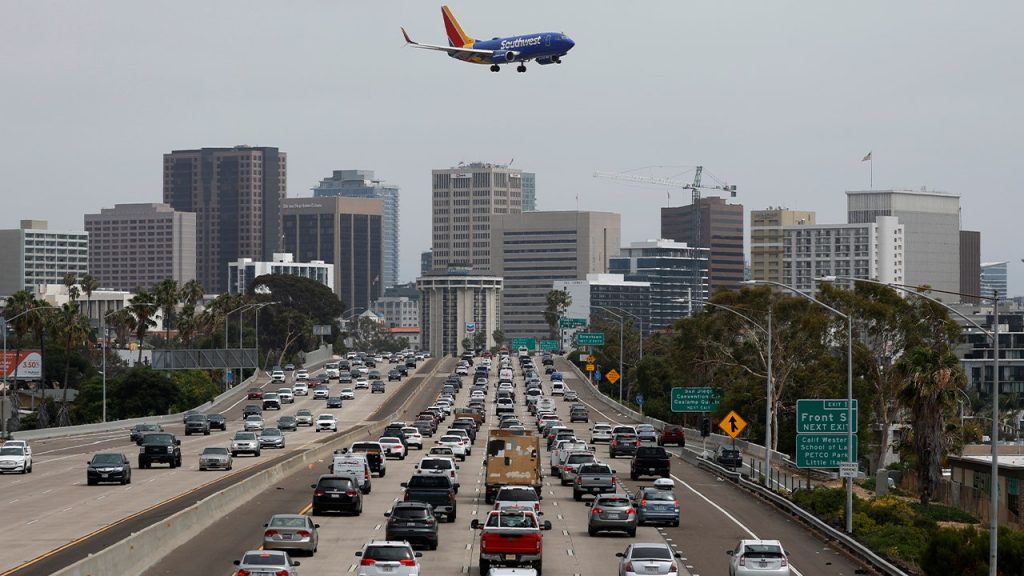Plaintiffs in a major case challenging the Environmental Protection Agency’s new heavy-duty vehicle emissions standards have filed their opening brief in litigation. The new rules, finalized in March, require that 40% of work trucks and 25% of semis must be zero emissions vehicles by 2032. The American Petroleum Institute, representing 600 entities in the energy industry, is one of the plaintiffs, along with corn growers, trucking interests, and a consortium of 25 states. They argue that the government should not dictate what people buy and drive, and that the mandates are unworkable and threaten to disrupt the nation’s supply chain.
Supporting the EPA in the lawsuit are entities such as the American Lung Association, Commonwealth of Pennsylvania, District of Columbia, and Appalachian Mountain Club. The EPA has insisted that the new emissions standards do not constitute a ban on conventional big rigs, but the American Fuel & Petrochemical Manufacturers believe that the aim is to phase out diesel and bio-diesel power. The plaintiffs argue that the U.S. heavy-duty vehicle industry relies predominantly on diesel-powered vehicles, and that the administration’s goal of 100% zero-emission vehicles by 2040 is unrealistic and unsupported by current market realities.
The plaintiffs further argue that there is no law permitting the federal government, including the EPA, to mandate electric vehicles, and that the agency has imposed these restrictions without congressional authorization. They reference a Supreme Court case in which the EPA was found to lack the authority to regulate power plant emissions without proper authorization. The National Corn Growers Association also criticized the EPA’s approach, stating that the agency is prioritizing electric vehicles over other climate remedies like corn ethanol, which offers a lower-carbon fuel option and benefits rural economies. The Association’s President emphasized that it could take decades to standardize electric vehicles on the road.
An EPA spokesperson declined to provide formal comment or additional information regarding the pending litigation. The lawsuit highlights the ongoing debate surrounding the government’s role in regulating emissions standards for heavy-duty vehicles, with proponents arguing for the need to transition to cleaner energy sources and opponents expressing concerns about the practicality and feasibility of the mandates. The outcome of the litigation will have far-reaching implications for the future of the heavy-duty vehicle industry and efforts to reduce greenhouse gas emissions in the transportation sector. It remains to be seen how the courts will ultimately rule on this contentious issue.













